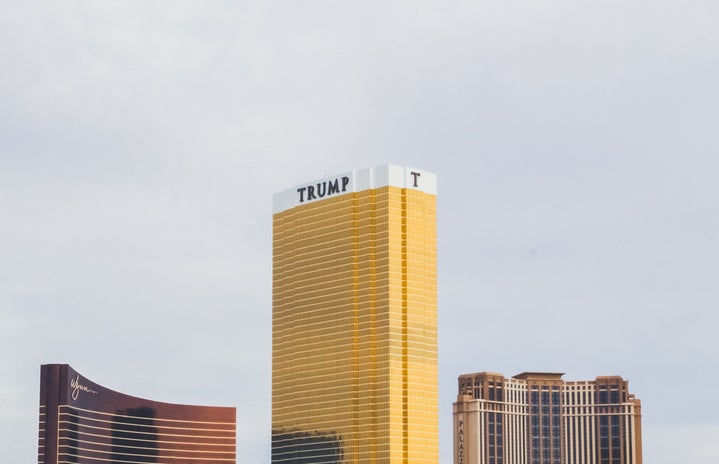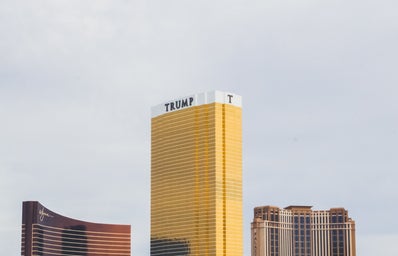Like many other Americans, I experienced a host of emotions when I turned on the news this morning: fear, sadness, shock—the list goes on. I couldn’t believe that after everything that happened over the course of this campaign, after every scandal, after every incomprehensibly ignorant and tactless word that spewed from his mouth, that Donald J. Trump was the victor of the 2016 Presidential Election.
However, as I scrolled through my social feed and read the opposing responses from Trump and Clinton supporters alike, I realized the true problem with this warped election: the stark divide between liberals and conservatives.
Going into election season, I was apprehensive (much like the rest of the American people), but I was hopeful. Hopeful that the hatred and anger on either side of the political spectrum would finally subside, hopeful that we could finally focus our energy on repairing the cracks in the foundation of a broken democracy, hopeful that, despite ideological polarization, the American people could finally come together. Hopeful that once America made its choice, we could finally move on.
I was wrong. And now, the day after America has spoken, we are more divided than ever.
As we grapple with the results of this election, many of us are asking “Why?” or “How?” Why did so many Americans vote for Trump? How did he defeat the one person who President Obama once claimed was the most qualified to take his place in the Oval?
It’s important that we seek answers to these questions. Rather than perpetuating the hatred we’ve seen so much of on the “Right Side” of this election, rather than unfriending the Trump supporters in our lives (both online and in person), we must resolve to understand where the majority of voting Americans are coming from. In a country laden with confusion, we must resolve to comprehend.
Many of my loved ones voted for Trump—and, while I didn’t agree with their decision, I supported their right to elect the candidate of their choice. Today, these people are celebrating, and I support their freedom to do so. Our ideologies may be drastically different, but I try to understand why they made the choices they did.
Like many Republicans, my friends and family felt disenfranchised. They felt alienated from a government in which their voices hadn’t been heard. Did the elites in Washington care that the economy in West Virginia was crumbling, that many thriving communities were starting to disintegrate? They certainly didn’t think so—and that’s why they elected Donald Trump, a candidate who was the epitome of “anti-establishment.”
So, no, I don’t support Donald Trump. But I do support the American people.
In the aftermath of one of the most bizarre elections in our nation’s history, let’s take a moment to remember that it is still our nation. This is our America, and we can and will move forward from this result together. As Abraham Lincoln once said, “A house divided against itself cannot stand.”
It’s time that we finally stand together.


